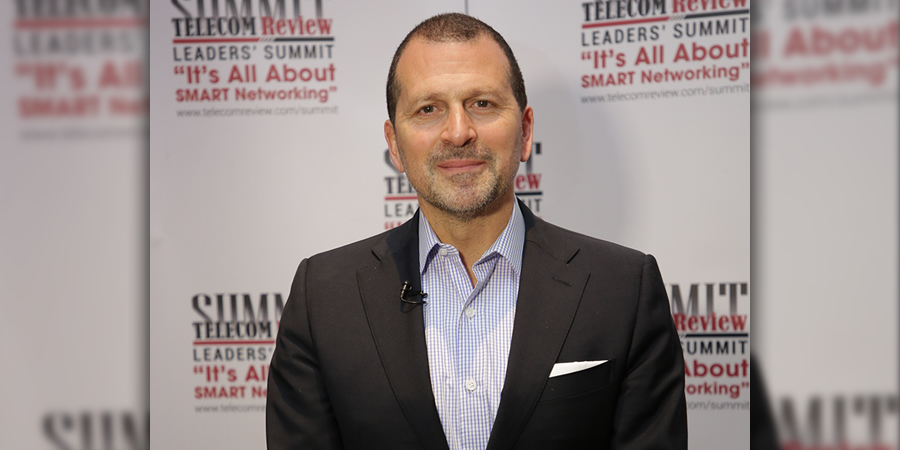While the whole world agrees that 5G will change the world as we know it, different opinions emerge as to what is really is. Dr. Kamal Shehadi, Chief Legal and Regulatory Officer, Etisalat International said to Telecom Review on the sidelines of the 12th Telecom Review Leaders’ that many are focusing on the technological side of 5G while in fact, it is about a whole ecosystem.
In the interview, Dr. Shehadi stresses that no one should be misguided by the hype created by 5G but rather focus on what really matters and put in place the right context for the technology to be commercially viable.
On the importance of regulations, Dr. Shehadi said that operators need to be aware of the regulations in place at the level of all industries they intend to address with the advent of 5G, and concluded by explaining how diverse the regulatory scene is the MENA region.
How do you describe the 12th Telecom Review Leaders’ Summit?
I think it is a great gathering of very smart and motivated people who are passionate about the telecommunications and IT industry. It offers a great opportunity to discuss the biggest challenges that anyone in the digital industry faces and how to overcome them. So, it’s great to see all these people gathered under one roof and contributing to a debate that will hopefully advance our knowledge but also the economic development of the country.
At the Summit, you were part of the Telecom leaders’ panel where you stated that 5G is not about technology, it’s a whole ecosystem. Can you elaborate more on that?
5G is not only about another “G”. It’s not only about moving from 3G to 4G to 5G neither about buying a newer box or a newer software upgrade. It is about transformation of the whole industry and not just the networks that telcos operate but also the ecosystem in which telcos live, operate and do business and to also create the demand for all enabling services such as 5G. The promise of 5G will take much longer to be realized and the potential of 5G will take years to develop and I think that no one should be taken over by the hype and our decision should always be measured and placed in the right context.
While the technology enables faster connectivity and lower latency, the demand for these services is still limited to certain industries which can be served. In the next three years, there won’t be really a mass market deployment of 5G that is likely to be viable or economical. In order for any technology to survive, it has to be commercially viable.
Why are regulations so important in the era of 5G?
Just like innovation is happening in technology, it is also happening on the regulatory and policy side. When you look at all of the services that are enabled by 5G, you realize that the telecom industry has become much bigger than just a telecom business – and this was made clear with 4G. Today, it is embedded in banking, advertising and marketing, medicine, education, etc. Some of these areas will require a review of the regulations in place, while some regulators might stop regulating and take a step back to check what needs to be regulated. In some places, regulators will stop innovation by waiting to have the right regulations in place. That’s not how the world evolves and how the world innovates.
Telecom operators don’t only have to expand the range of services across many industries, but also have to become very familiar and knowledgeable of the regulations in all the industries they intend to serve. The more we know what regulatory and business challenges these industries face, the better positioned we are in terms of development of the right services for them.
How would you describe the regulatory scene in the MENA region?
The regulatory scene in the MENA region is quite varied. There are countries where the agenda is quite advanced and there’s a lot of innovation happening in it, while others are really falling behind because they are too engrossed with what I call the 20th century problems and issues. Unless you have a dynamic private sector driven telecom industry, you will not be able to focus on what really matters which is how to continuously develop the network and services and expand the range of services and for the telcos to transform and become truly digital not just offering a digital service.










